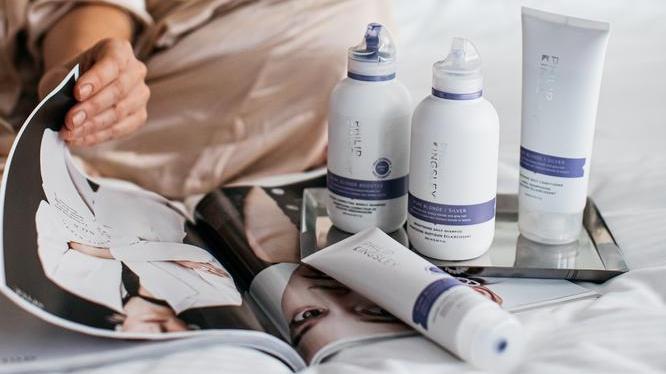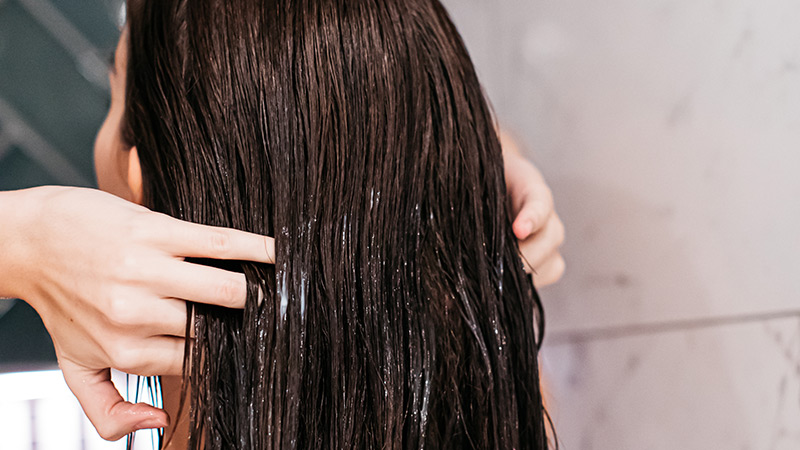CLINIC CONSULTATIONS
To find out more about how you can maximise your hair health and growth, come and see us at one of our Clinics where we will be delighted to welcome you.
Why is Zinc Important?
Zinc is a key mineral for health and wellbeing. It helps support over 100 chemical reactions within the body, such as the formation of hormones and enzymes. It is especially significant in wound healing, and in maintaining a healthy immune system. It also plays a role in cell division, cell growth and the breakdown of carbohydrates.
Zinc Deficiency
Zinc is found in small amounts in a wide variety of foods, so it is usually possible to obtain adequate quantities through a healthy diet, making deficiency uncommon. However, your body is unable to store zinc, meaning you must ingest it every day in order to maintain optimum levels. Factors such as malabsorption, illness, stress and allergies can all affect your body’s levels of zinc. A zinc deficiency can cause diffuse hair shedding and breakage — as well as other symptoms, such as stunted growth and poor immune system function.
It is preferable to obtain zinc through your diet, rather than supplements. However, when hair loss and/or hair thinning is a concern, a combination of supplements, together with a healthy diet, is best for encouraging regrowth of hair.
Foods Rich in Zinc
- Lamb
- Beef
- Beef liver
- Kidneys
- Oysters
- Crab
- Wheat germ
- Peanuts
- Milk
- Cheese
Please note: It is difficult for your body to absorb zinc when it is found in foods containing phytic acid — examples include beans and pulses — as phytic acid can impede zinc uptake, but soaking these foods beforehand will reduce the amount of phytic acid.





